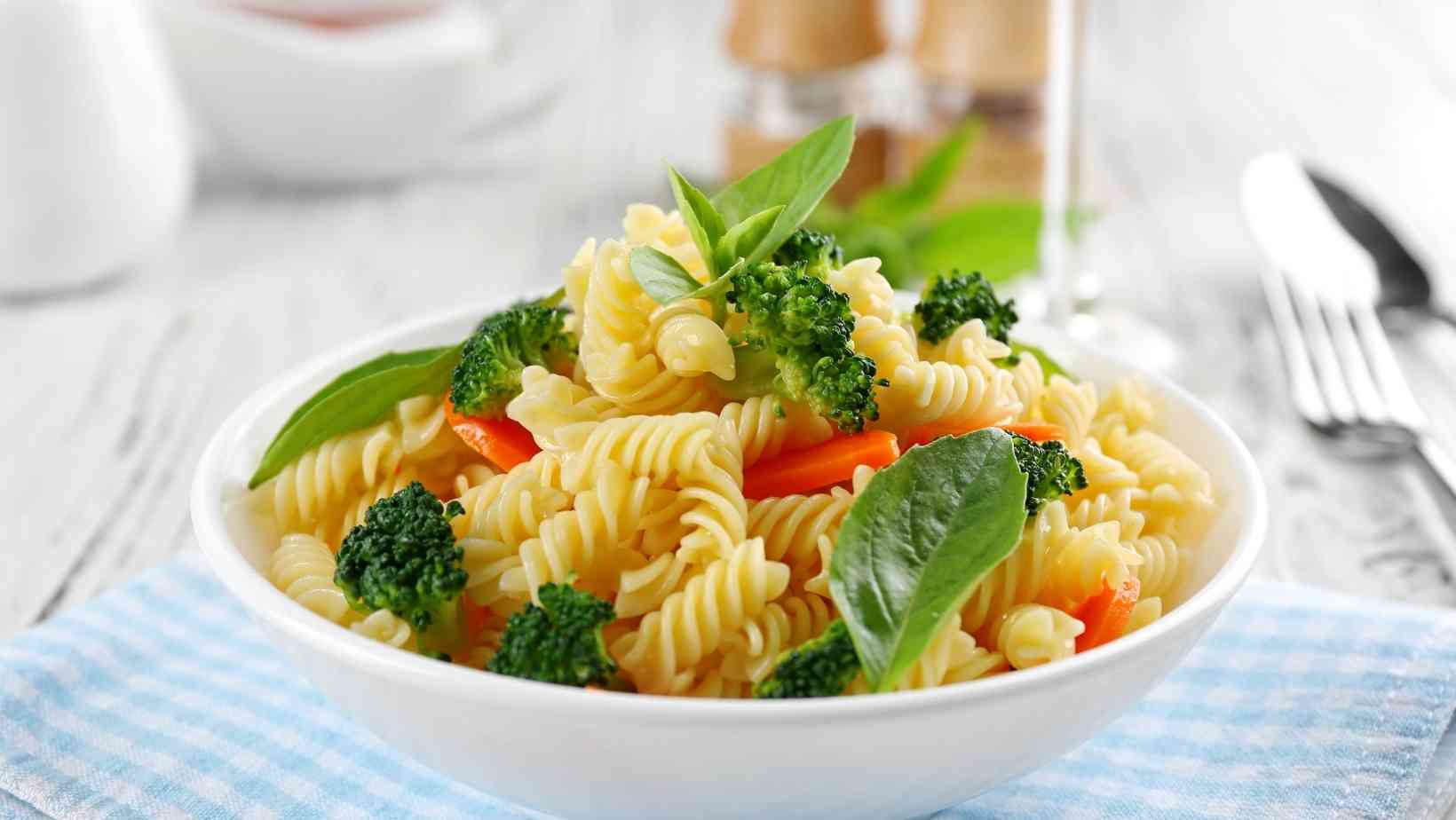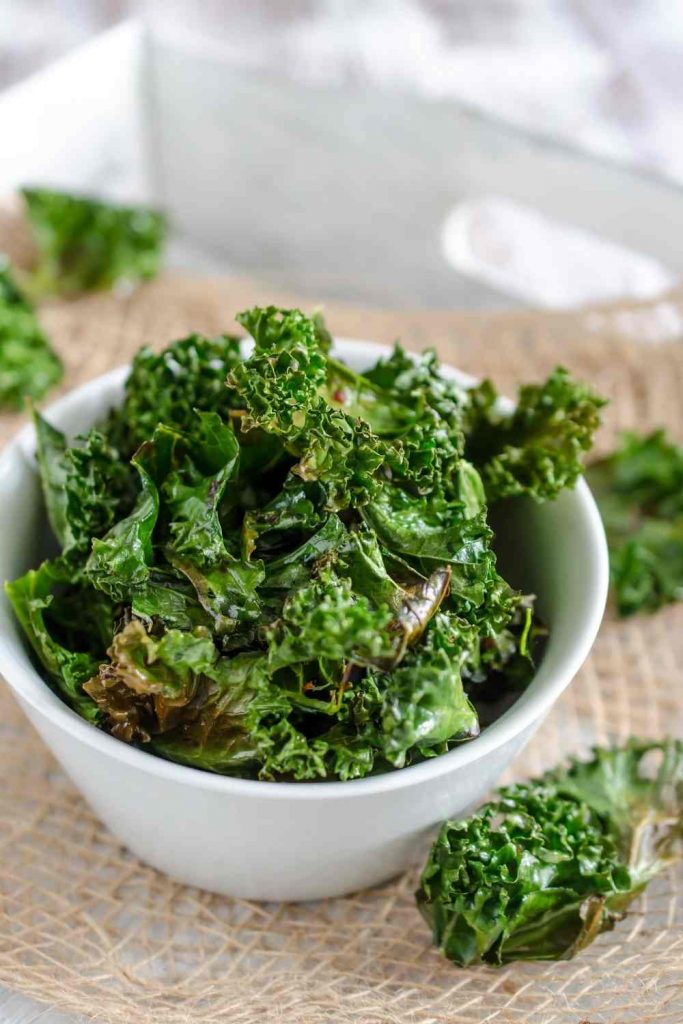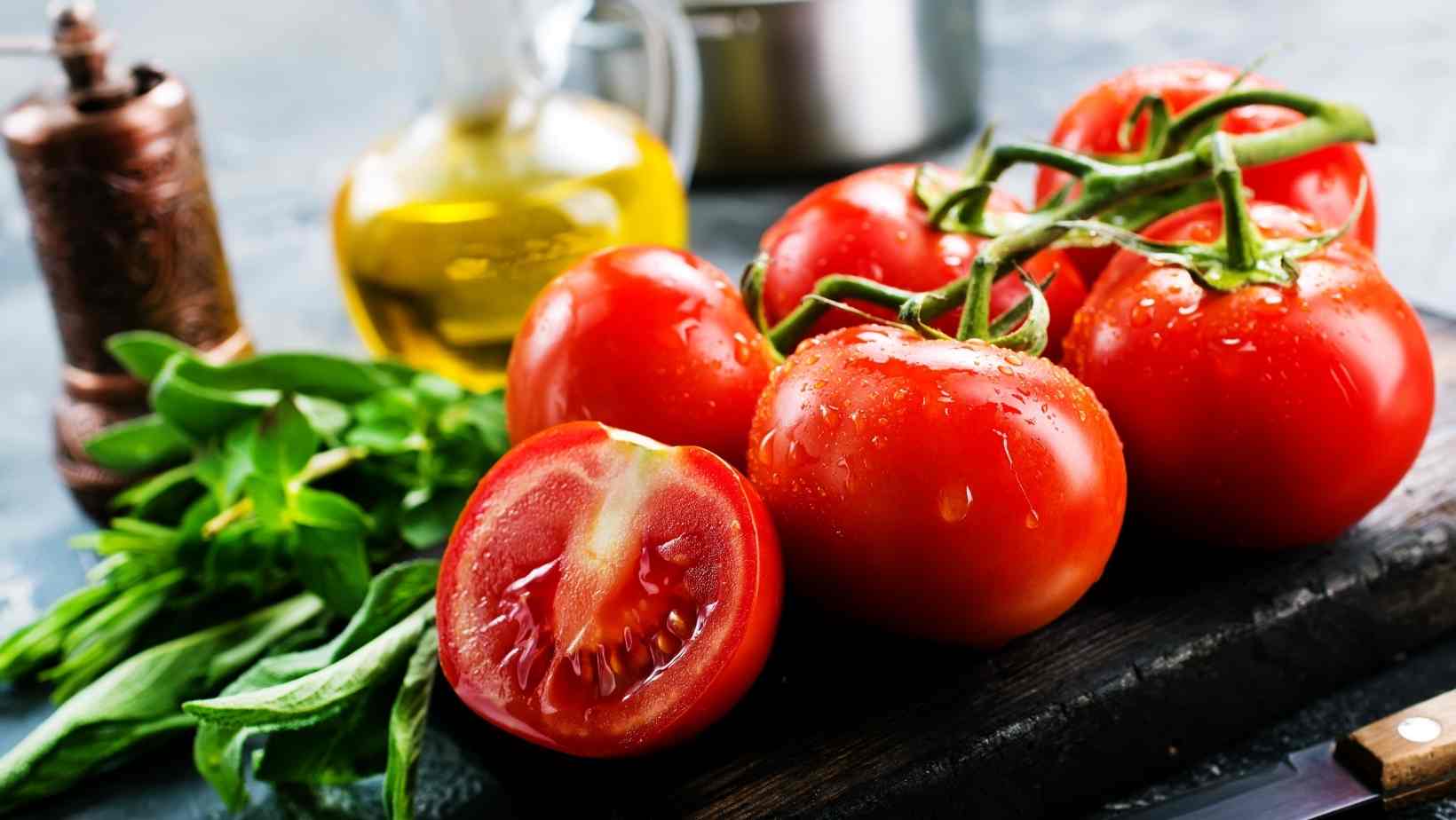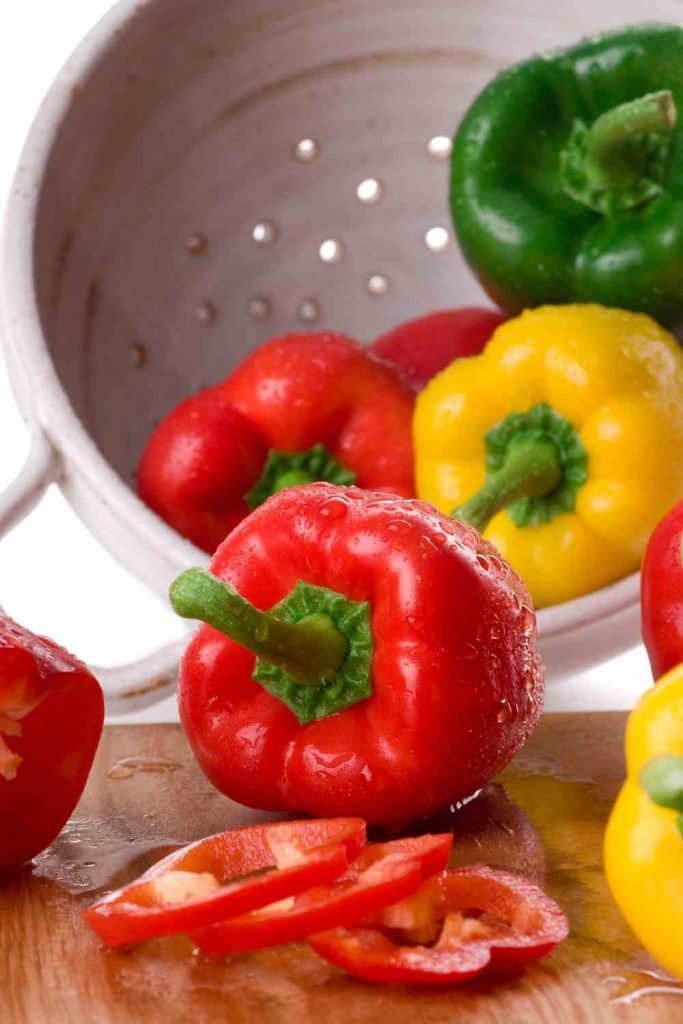Let's be honest: the majority of us are always willing to consume large quantities of carbs. Our bodies' initial preferred food source for quick energy, whether it's to fuel up before an important race or to restore after a long run, we know that carbohydrate is our bodies' preferred fuel source for quick energy. And when you think of carbohydrates, bread and pasta are probably the first things that spring to mind. However, vegetables, which are an essential component of everyone's diet, also include carbohydrates.
Despite the fact that carb-loading has a place in your training, there are times when you may prefer low-carb options over high-carb alternatives. For example, during low-training periods, your body will not require as many carbs as it will during high-mileage weeks, and vice versa.

The low-carb vegetables come into their own in this situation. The fact that many vegetables contain less than 10 grams of carbohydrates per cup makes them a nutritious addition to any diet, especially because they also contain a high concentration of micronutrients and fiber.
Among the low-carb leafy greens and cruciferous vegetables recommended by Robert Graham, M.D., M.P.H., a doctor of internal and integrative medicine who is also a chef and the founder of the FRESH Medicine integrative health practice in New York City, are the following: they are high in fiber, antioxidants, and various anti-inflammatory compounds.
Simply put, vegetables grown above ground—tomatoes, spinach, kale, broccoli—contain fewer carbohydrates than vegetables grown below ground—potatoes, parsnips, onions, carrots.
Jump to:
1. Spinach
It has been touted as a "superfood" for years due to its ability to provide a high concentration of vitamins and minerals such as vitamins A, C, and K as well as magnesium and iron, all of which are essential for maintaining a healthy bone and muscle structure and immune system function. Put some spinach in a salad with your favorite fruits and vegetables, sauté it with garlic and olive oil to serve as a side dish to any meal (instead of rice or potatoes, for example), or throw some spinach in a tomato and egg scramble for a heartier breakfast.
2. Kale
Kale, like spinach, is a powerhouse of vitamins and minerals, but this dark leafy green is heartier and more fibrous than spinach. Additionally, it has anti-inflammatory properties. Toss it in olive oil and sea salt, then bake for crispy kale chips, slice it and combine with your favorite salad dressing, protein, and other vegetables to create a salad, or add to soups, stews, and smoothies for an additional dose of greens.

3. Cauliflower
Cauliflower has become a popular alternative for all things starch (think: rice, pizza crust, pasta, gnocchi, and more) (think: rice, pizza crust, pasta, gnocchi, and more). Despite the fact that it is white, this vegetable is packed with fiber, B vitamins, antioxidants, and phytokines, all of which assist to improve digestion, lower the risk of cancer, and may even aid to boost memory and cognitive abilities. Toss it with seasonings and bake it whole or sliced, pulse it in a food processor to make "rice," or use it as a pizza foundation instead of a traditional crust from a shop.
4. Zucchini
When it comes to potassium content, zucchini outperforms a banana by a wide margin in a single serving. This mineral contributes to the maintenance of normal blood pressure and fluid balance. Also included are a significant amount of fiber, a healthy dosage of vitamin C, and a variety of stimulating B vitamins. Use a spiralizer to make "noodles" that can be used to substitute pasta, slice it up to add to a stir-fry, or shred it to add veggies to muffins for a healthy snack.
5. Tomato
Tomatoes are available in a variety of shapes and sizes and are a simple complement to any meal. In addition, studies have shown that they may aid in the prevention of cancer, the improvement of eyesight, and the improvement of heart and muscle function. Cherry tomatoes may be eaten as a snack, tossed in a salad, or roasted in the oven with olive oil and rosemary to serve with scrambled eggs for a low-carb breakfast.

6. Brussels Sprouts
They are abundant in minerals and antioxidants, which help to boost bone and skin health as well as reduce the risk of cancer and diabetes in those who consume them regularly. Cut the meat into thin slices and combine with vinaigrette for a salad, sear on the stovetop in olive oil and rosemary, or roast in the oven with your favorite marinade. After reading this article, you'll wish you had eaten more when you were a youngster.
7. Broccoli
If you aren't already eating some broccoli at least once a week, you should start. This leafy green is high in vitamin K, C, folic acid, potassium, and vitamin C, which is essential for the creation of collagen, which is vital for the development of strong muscles and bones. It may be prepared in a variety of ways, including steamed, sautéed, "riced," or roasted. Prepare a wonderful vegetable stir-fry by sautéing it in olive oil, garlic, and other vegetables on this list in a pan with olive oil, garlic, and other vegetables on this list.
8. Bell Peppers
Bell peppers are available in a variety of colors and are an excellent source of vitamins A and C, potassium, folic acid, and fiber, among other nutrients. Furthermore, spicy alternatives enhance the taste of boring food, making it more filling and delicious. Grilled or sautéed in stir-fry recipes, blended and added to soups or sauces, or eaten raw with hummus are all delicious ways to enjoy them.

9. Onion
Onions, a below-ground vegetable, have a somewhat greater carbohydrate content than other vegetables, but they give flavor and depth to almost every dish. They are particularly rich in vitamin C, and as a result, they help to improve immunological health, collagen formation, tissue repair, as well as iron absorption. Sauté them with garlic, bake them in wedges, or serve them raw in slices.
10. Carrot
Carrots are a delicious and colorful addition to our list of healthy snacks. Its rich orange color suggests a high concentration of beta carotene and other nutrients, which may help decrease cholesterol while also improving eye health. Grab a package of small carrots for a portable snack that's simple to eat on the move, or shred some with raisins, oil, and vinegar for a delicious side salad that's quick to make.




